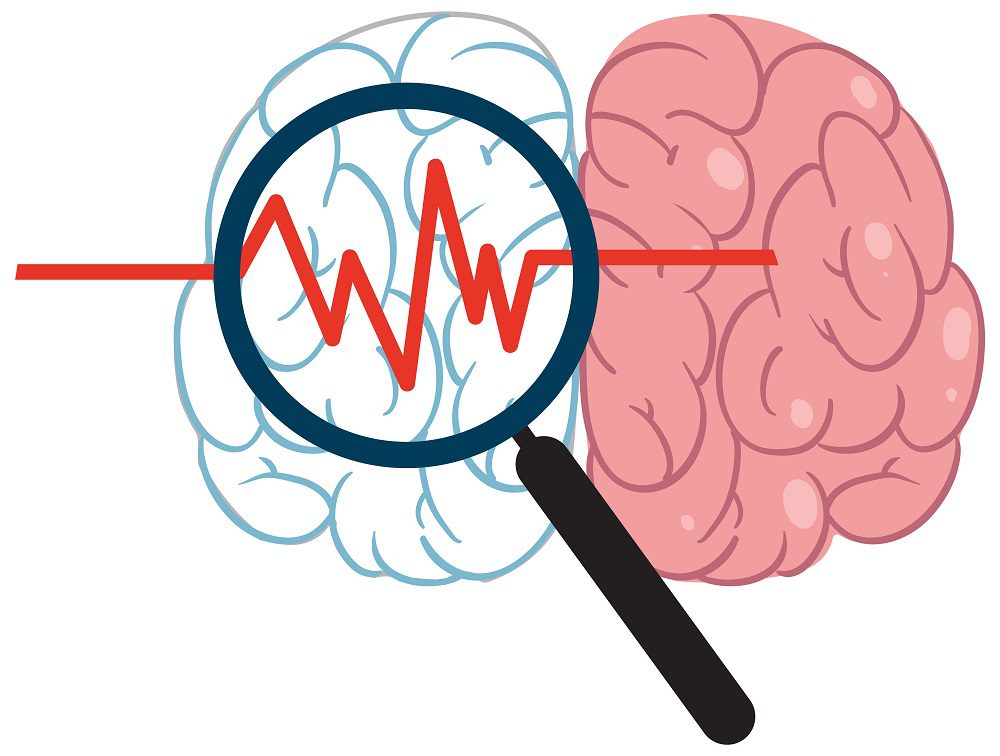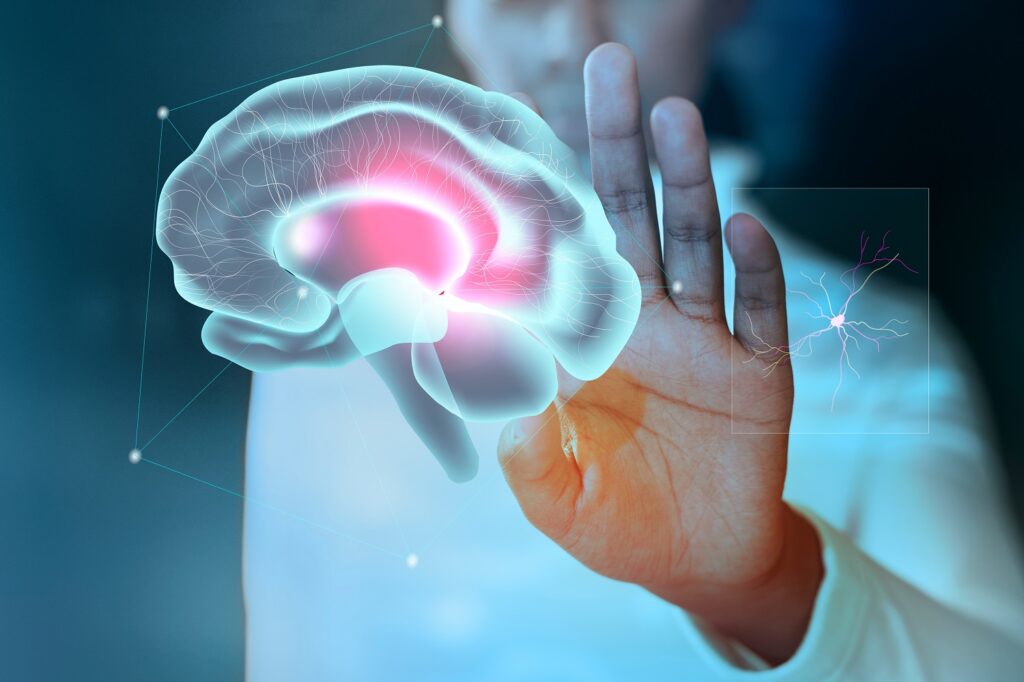Bipolar disorder was found to have a unique inflammation pathway involving astrocytes with higher inflammatory cytokine IL-6. The study involved an in vitro model evaluating inflammation-related phenotypes of astrocytes, derived from induced pluripotent stem cells (iPSCs) generated from patients with bipolar disorder and healthy controls. The increased secretion of IL-6 and the response to IL-1β-stimulated in bipolar disorder astrocytes were observed due to unique transcriptome. Analysis of whole transcriptome revealed hundreds of differential expressed genes in bipolar disorder astrocytes, however, no advances in inflammatory genes was observed. They were less likely to support neuronal excitability when co-cultured with neurons and in the absence of stimulation. This decrease in neuronal activity of stimulated bipolar disorder astrocytes was rescued in the presence of an IL-6 blocking antibody, indicating that astrocytes and IL-6 have a significant role in regulating neuronal activity. The blood IL-6 levels were also found to be higher in patients with bipolar disorder suggesting general propensity for increased IL-6 and resulting functional consequences in these patients. While mild inflammation is known to be beneficial for many neural processes, overproduction of IL-6 may worsen BD symptoms, making it an important therapeutic target
















